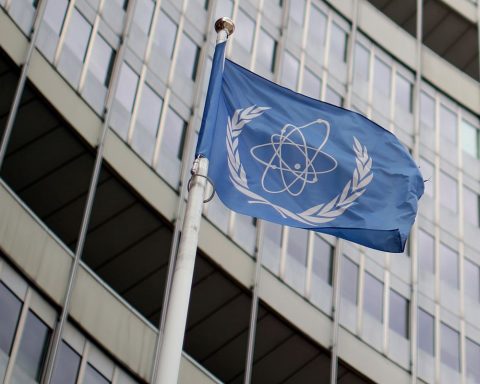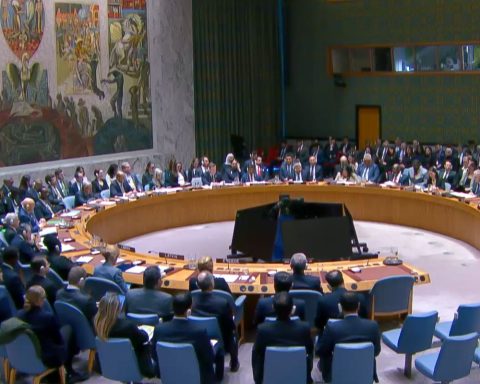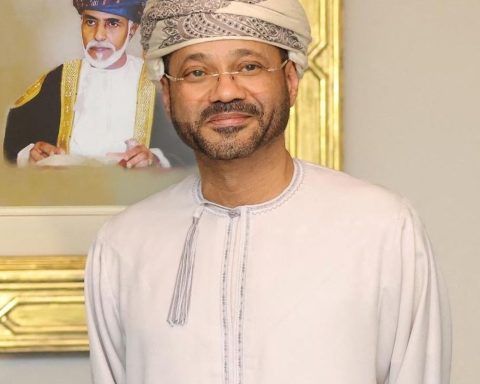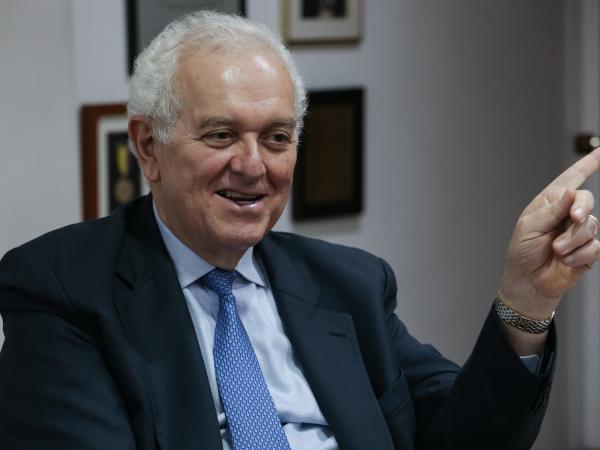Brazil was recognized as the second most advanced country in the world in terms of digital government. The assessment is by the World Bank, which measured the current stage of digital transformation of the public service in 198 countries.
Another Brazilian highlight was the biggest advance registered among the evaluated nations: the country rose five positions in relation to the 2021 ranking. The study points out that the offer of digital public services on the gov.br platform already has 140 million users, about 80% of the adult population. A single password is all it takes for citizens to have access to thousands of digital services and obtain the information they are looking for.
“This rise is due to the natural execution of a plan that began in 2019. A plan, using the best international practices, to provide public services that are increasingly easier and centered on the citizen”, explains the Secretary of Digital Government of the Ministry of Economy, Fernando Coelho.
Digital work card, digital CNH, access to systems such as ENEM, SISU and FIES, all services with a strong economic and social impact, are now easily accessed through the gov.br platform.
To carry out the evaluation and prepare the ranking, the World Bank listed 48 indicators, which led to the formation of four indices. Brazil obtained a “very high” concept in all of them.
“Questions were asked on four main axes: one of structuring systems, with an approach focused on the management of the state machine; another axis of service offer, with a more outward view, more for the citizen (how this offer takes place and if it is organized); the third axis is engagement and transparency, to bring the population to the design of these services, to contribute to public policies; and the fourth axis with regard to governance, the strategy, if the vision is well implemented”, says secretary Fernando Coelho.
The gov.br platform materializes the digital government strategy in Brazil, by bringing together in a single portal the offer of services to the population, in a standardized way, and with a single taxpayer identification.
The economics of digital transformation
The digitization of services has a positive impact on society as a whole – a total saving of around 4.6 billion reais is estimated. Citizens stop spending, for example, on transport, printing and sending documents. The state also reduces spending on resources that would be needed to meet these requests. But the impact is not just financial, since there is also time savings and streamlining of processes, thanks to automation.
Another benefit of the digital transformation is data security and protection, a strategic issue for the taxpayer and also for the State. The gov.br platform is hosted in the same environments and with the same criteria that keep data that requires tax secrecy, such as income tax and other Federal Revenue services. And the management of privacy is in the hands of the citizen.
“He can ask for information about the use, he can revoke the use at any time. The citizen is the holder, he is the one who has the power to use this data”, explains Fernando Coelho.

















